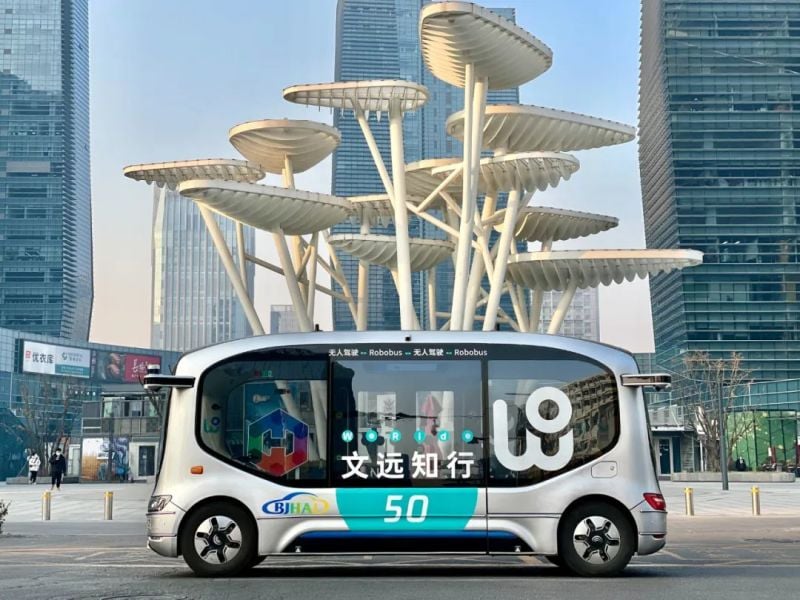The automobile industry continues to adapt to time and advancing technology. The latest pinnacle of this development is self-driving cars. Many brands are chasing this technology, which allows for a journey without the driver’s intervention. Users have been gradually getting accustomed to the presence of self-driving cars in our lives and have been watching its progress with anticipation. However, a recent study by J.D. Power indicates that consumer confidence in fully automated, self-driving vehicles is on the decline. Here are the details…
Consumer Confidence in Self-Driving Cars Declines for Second Year in a Row
Self-driving vehicles have been a part of our lives for some time now and their popularity continues to grow. However, as their usage increases, so does the number of incidents involving them. News of accidents involving these cars frequently becomes a trending topic on the internet and social media. Naturally, this impacts societal psychology.

A recent study by J.D. Power found that consumer confidence in fully automated, self-driving vehicles has declined for the second consecutive year. On a scale of 100, trust points went down by 2 points to 37 this year, after already dropping by 5 points last year. The report says people are not ready for self-driving cars in many ways.
They feel least comfortable riding in one or using self-driving buses and trains. Despite the decline in consumer confidence, the study also found that consumers are more open to self-driving cars if they have had experience riding in one. For example, 67% of respondents who had ridden in a robotaxi expressed confidence in the technology.
Of course, this fear won’t change anything. Autonomous-driving vehicles are already reaching more users every day, and it doesn’t seem like users’ fears will alter this trend. Admittedly, this technology isn’t perfect today, which explains why people might feel this way. However, it’s worth noting that self-driving is a relatively new technology. There’s still much room for improvement, and regardless, the future belongs to autonomous technologies.
RELATED:
- OnePlus Ace 2 Pro vs Xiaomi 13T Pro: Specs Comparison
- Black Sesame Technologies and ZTE Join Forces for Autonomous-Driving Cars
- Qualcomm aims for diversification, will soon supply chips for BMW self-driving cars
- Apple self-driving cars were involved in two accidents last month in California
- Survey reveals China has more persons looking to adopt self-driving cars than the US
(via)







